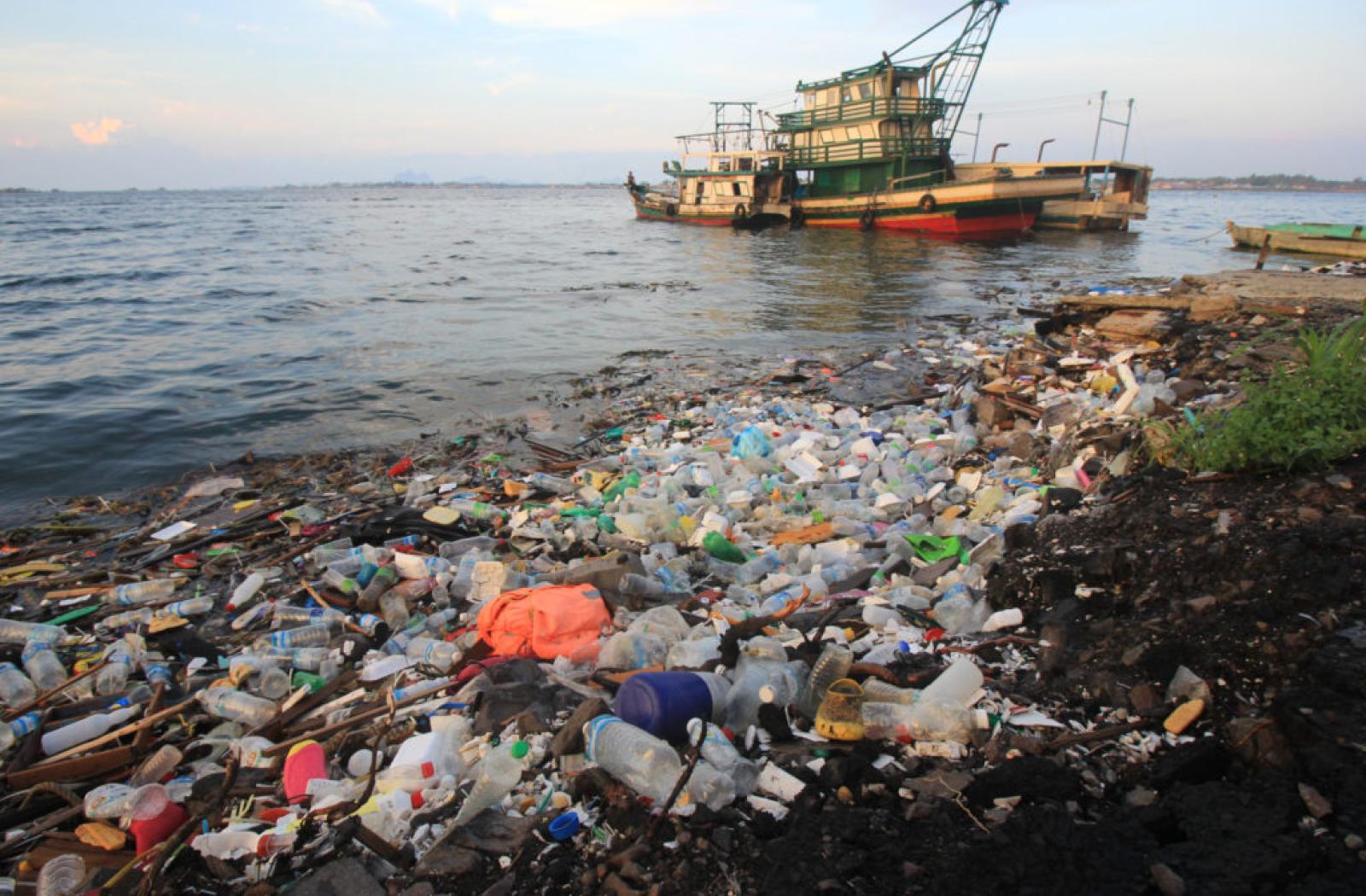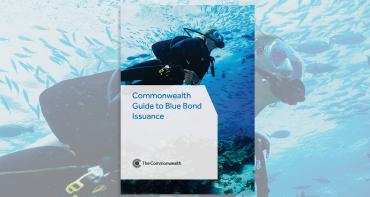Each year, around 20 million tonnes of plastics end up in our rivers, lakes and seas. That’s equivalent to the weight of 20,000 cargo ships. It is waste that can take hundreds of years to decompose and it is altering our ecosystems and wildlife and impacting human health.

Plastic pollution is found in every corner of our planet: in the air we breathe, the soil we farm and the water we drink. The harm caused by plastic pollution in the ocean chokes wildlife above and below the waterline.
An estimated one million sea birds and an unknown number of sea turtles die each year because of plastic debris obstructing their digestive tracts, and marine animals of all sorts can become tangled and incapacitated by discarded fishing lines and plastic bags.
The effects of plastics carrying toxicity throughout the marine food chain is still being researched, with the implications for human health yet to be understood.
Global efforts to combat plastic pollution including recycling and ditching single-use plastics have accelerated in recent years, but so has plastic production. And not all countries are equipped to deal with it.
This week, the Commonwealth Clean Ocean Alliance (CCOA), an Action Group of the Commonwealth Blue Charter, hosted a meeting in Nairobi, Kenya to raise awareness about the Alliance, provide updates on its action plan, and discuss joint strategies within the Intergovernmental Negotiating Committee (INC) process for supporting the development of a global treaty on plastic pollution.
Under the UN Environment Programme, the treaty process is looking at a comprehensive way to address the problem by considering the full life cycle of plastic, including its production, design and disposal.
The Nairobi meeting represented a concerted effort by the Alliance to support the negotiations and eventual implementation of a treaty.
The event opened with remarks from a representative from the government of Vanuatu, which together with the United Kingdom, lead the Commonwealth Clean Ocean Alliance action group. Touasi Tiwok, Director at the Department of Environmental Protection and Conservation, highlighted the critical need to reduce marine plastic pollution for Small Island Developing States (SIDS).
Twenty-five Commonwealth member states are classified as SIDS, which are particularly vulnerable to ocean pollution and the impact of climate change.
A representative from Cefas (Centre for Environment, Fisheries and Aquaculture Science) based in the United Kingdom shared insights and cases studies on the Commonwealth Litter Programme and the Ocean Country Partnerships Programme, highlighting the importance of joint action in tackling plastic waste and reporting on progress in developing a new action plan for the Commonwealth Clean Ocean Alliance.
Member states including Barbados and Sri Lanka offered their perspectives, underscoring their varied challenges and solutions to managing plastic pollution. Wider discussions focused on enhancing the Commonwealth's role in the treaty development and identifying what support is needed for member countries during negotiations and in meeting global commitments towards the Sustainable Development Goals.
During the meeting, participants discussed in depth the challenges of plastic waste management and the importance of international cooperation in mitigating the environmental impact of plastics. The Commonwealth emphasised the need for a coordinated response to plastic pollution, which aligns with the values and environmental goals of Commonwealth countries.
In their closing remarks, the UK spokesperson reinforced the Commonwealth's dedication to leading the charge against plastic pollution. The meeting was attended by 27 government officials from 16 Commonwealth countries, and two overseas territories.
The Commonwealth Blue Charter
The Commonwealth Blue Charter is an agreement by all 56 countries to work together to address shared ocean challenges through country-led Action Groups focused on 10 key ocean issues: marine plastic pollution, coral reef protection, mangrove restoration, climate change, ocean acidification, ocean observation, marine protected areas, sustainable aquaculture, sustainable coastal fisheries, and the sustainable blue economy.


